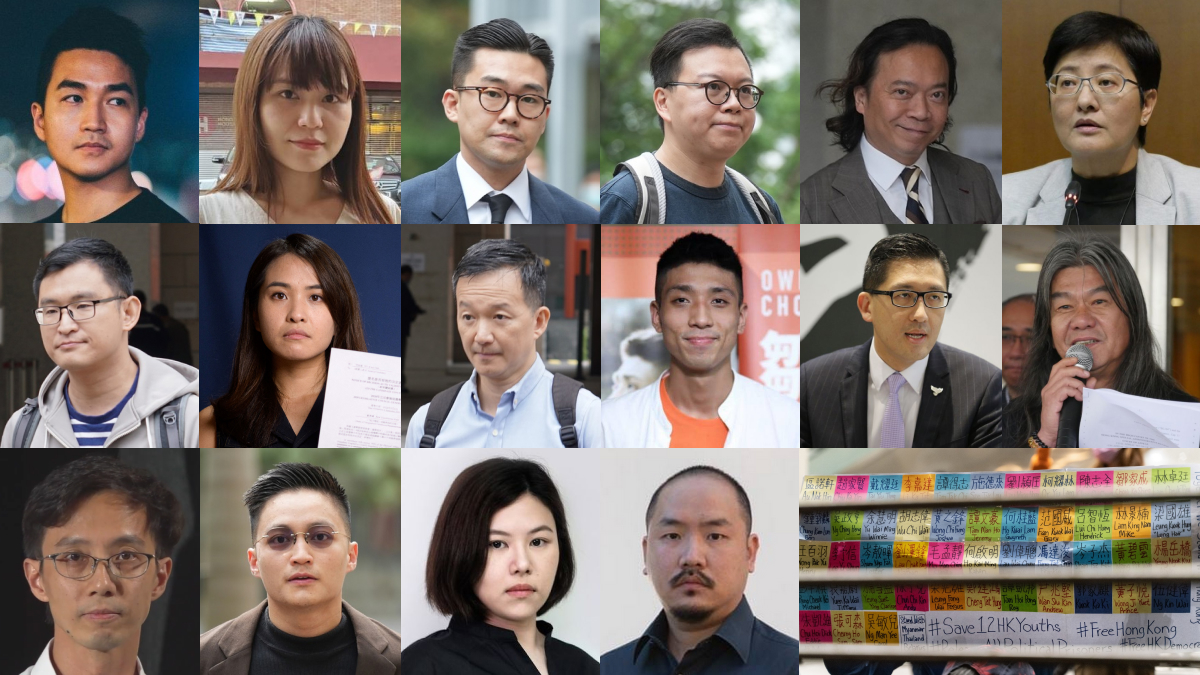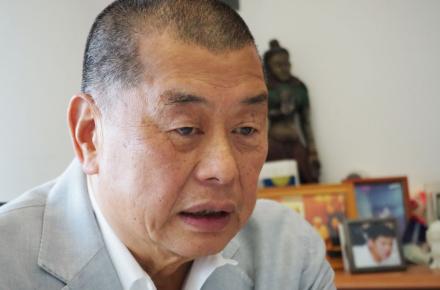Hong Kong, 14 activists for democracy convicted of 'subversion'
The trial against "the 47" of the democratic movement who had organized primary elections with the intention of acquiring a majority in parliament and having the possibility of vetoing the government is partially concluded. They are accused of wanting to drag the territory into chaos and of undermining "the power and authority of both the government and the chief executive". The sentence will be announced in the coming months. Meanwhile, two of them, declared innocent, risk being hit by an appeal against the sentence by the Department of Justice.

Hong Kong (BC.it) – A court of three judge has convicted 14 pro-democracy personalities of “subversion,” in one of the most high-profile cases since China imposed a national security law on the territory in June 2020. The 14, together with 31 others who had already pleaded guilty, risk up to life in prison. Their sentence will be issued in the coming months. Two accused were declared innocent.
To understand their case, it is necessary to go back to 2019-2020, when Hong Kong was shaken by enormous demonstrations (up to over 2 million participants) which sometimes had violent expressions. The protesters were demanding the withdrawal of a law that would allow the extradition to China of people deemed guilty by Beijing. The government's closure to dialogue and various violent attacks by the police and groups linked to the city's mafias have not helped to resolve the situation. After the imposition of the national security law, various pro-democracy groups developed a plan that included primary elections to choose candidates with the greatest probability of success, in the hope of gaining a majority in the Hong Kong parliament (Legislative Council). The idea was that, once they had won a majority, they could veto the government's budget, forcing it to respond to the population's questions, the so-called "5 questions": withdrawal of the extradition law; independent inquiry into police brutality; cancel the charge of "rioters" for the demonstrators; amnesty for arrested demonstrators; universal suffrage for parliamentary elections and the choice of the chief executive. After the primaries had taken place, the government decided to postpone the elections due to the Covid epidemic (official reason). Subsequently, Beijing changed the method of elections by reducing the number of those elected by the public, requiring a patriotic oath, verifying and screening candidates based on the "patriotism" demonstrated in the past. The conclusion is that Hong Kong's parliament currently has only one opposition member, while all the other 89 are pro-Beijing.
In March 2021, the government arrested 47 democratic figures (parliamentarians, activists, students, district councillors) guilty of holding primary elections, seen as a tool to undermine the government. Since then, almost all of the "47" have remained in prison; 31 of them pleaded guilty, perhaps hoping for a lighter sentence; 16 were tried; today, of these 16, two were declared innocent and 14 convicted.
According to the verdict issued by the judges, the 14 had planned to undermine "the power and authority of both the government and the chief executive", which "would have created a constitutional crisis for Hong Kong".
The argument of the defense lawyers was of no avail, as they underlined that the veto mechanism is included in the mini-constitution of Hong Kong and that the issue is only "political" and not "legal".
Many people say that they believe the accused have "never committed any crime" and that primary elections are commonplace in many countries. Others, however, underline that "planning a veto" is an attack against the government and that "if the same thing had happened in Singapore", the 47 would all already be convicted.
Among those who have pleaded guilty is Benni Tai, former law professor at the University of Hong Kong and democracy activist, one of the most known and qualified personalities in the territory.
According to Amnesty International, those who have pleaded guilty “are forced to make an impossible decision between pleading guilty to a crime that does not exist, for a possible reduced sentence, or fighting an already lost battle, under an unjust national security law ”. As we write, word has spread that the two declared innocents, the social worker Lee Yue-shun and the lawyer Lawrence Lau, have returned to court. In all likelihood the government's Justice Department will launch an appeal against the sentence. In this way the two will have to wait to see if they are guaranteed freedom on bail or if they have to remain in cell.
National security trials are new to Hong Kong and have changed the terms of justice according to the territory's style. In these trials there is no jury; the accused are almost always denied bail; sentences are issued by three judges chosen by the chief executive.
In the HKFP photo: The 16 accused at the trial which was concluded today.

